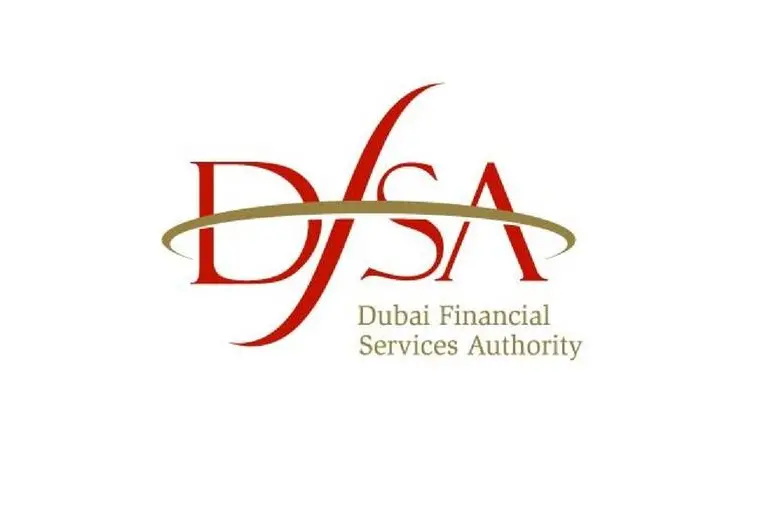PHOTO
Dubai, UAE: The Dubai Financial Services Authority (DFSA) announced today some key amendments to its Crypto Token regime. These changes stem from the proposals outlined in Consultation Paper 153 – Updates to the Crypto Token regime published in January 2024, and mark a significant step in refining and advancing the regulatory environment for Crypto Tokens in the Dubai International Financial Centre (DIFC).
The amendments address the following areas:
- Funds:
- The ability to offer Units of External and Foreign Funds investing in recognised Crypto Tokens
- The ability for Domestic Qualified Investor Funds to invest in unrecognised Crypto Tokens
- Custody:
- Custody of Crypto Tokens
- Staking of Crypto Tokens
- Financial Crime:
- Financial crime (including the “travel rule”) compliance guidance
- Transaction monitoring and blockchain analysis
- Recognition of Crypto Tokens:
- Recognition criteria for Fiat Crypto Tokens (stablecoins)
- Fee for recognition of Crypto Tokens
These changes are based on recent market developments, recommendations from international standard-setters and the DFSA’s supervisory experience.
Over the past two years, the DFSA has engaged with over 100 firms looking to be licensed, gaining valuable insights into the market dynamics and regulatory needs.
Since the Crypto Token regime came into force in 2022, international standards have evolved significantly. The International Organisation of Securities Commissions (IOSCO) published recommendations on Crypto, Digital assets, and Decentralised Finance (DeFi). In addition, the Basel Committee proposed amendments to the standards for banks’ exposures to Crypto assets, focusing on reserve assets of stablecoins.
Ian Johnston, Chief Executive of the DFSA, said: “Our objective with the Crypto Token regime is to foster innovation in a responsible and transparent manner while ensuring we meet our regulatory objectives. At the DFSA, we have taken a balanced approach in the development of this regime and remain committed to evolving it in line with global best practices and standards.”
All firms, whether currently authorised by the DFSA or not, who are interested in conducting business related to Crypto Tokens within or from the DIFC, can apply via the DFSA website.
For more information on the draft amendments, click here.
-Ends-
For further information, please contact:
Corporate Communications
Dubai Financial Services Authority
Level 13, The Gate, West Wing
Dubai, UAE
Email: DFSAcorpcomms@dfsa.ae
www.dfsa.ae
About Dubai Financial Services Authority (DFSA)
The Dubai Financial Services Authority (DFSA) is the independent regulator of financial services conducted in and from the Dubai International Financial Centre (DIFC), a purpose built financial free zone in Dubai. The DFSA's regulatory mandate covers asset management, banking and credit services, securities, collective investment funds, custody and trust services, commodities futures trading, Islamic finance, insurance, crowdfunding platforms, money services, an international equities exchange and an international commodities derivatives exchange. In addition to regulating financial and ancillary services, the DFSA is responsible for administering Anti-Money Laundering (AML) and Combating the Financing of Terrorism (CFT) legislation that applies to regulated firms and Designated Non-Financial Businesses and Professions in the DIFC. Please refer to the DFSA's website for more information.
Ian Johnston was appointed Chief Executive of the DFSA in 2022, a position he previously held from 2012 to 2018. Originally a lawyer, Mr Johnston held a number of senior positions within the financial sector, including as CEO of one of Australia’s major trustee companies. In 1999, Mr Johnston moved into regulation joining the Australian Securities and Investments Commission as Executive Director, Financial Services Regulation, and spent several terms as an Acting Commissioner. He served as a Special Advisor with the Hong Kong Securities and Futures Commission from 2005. Currently, Mr Johnston serves as Vice Chair of the International Organisation of Securities Commissions’ (IOSCO) Africa and Middle East Regional Committee and as an IOSCO Board member.




















